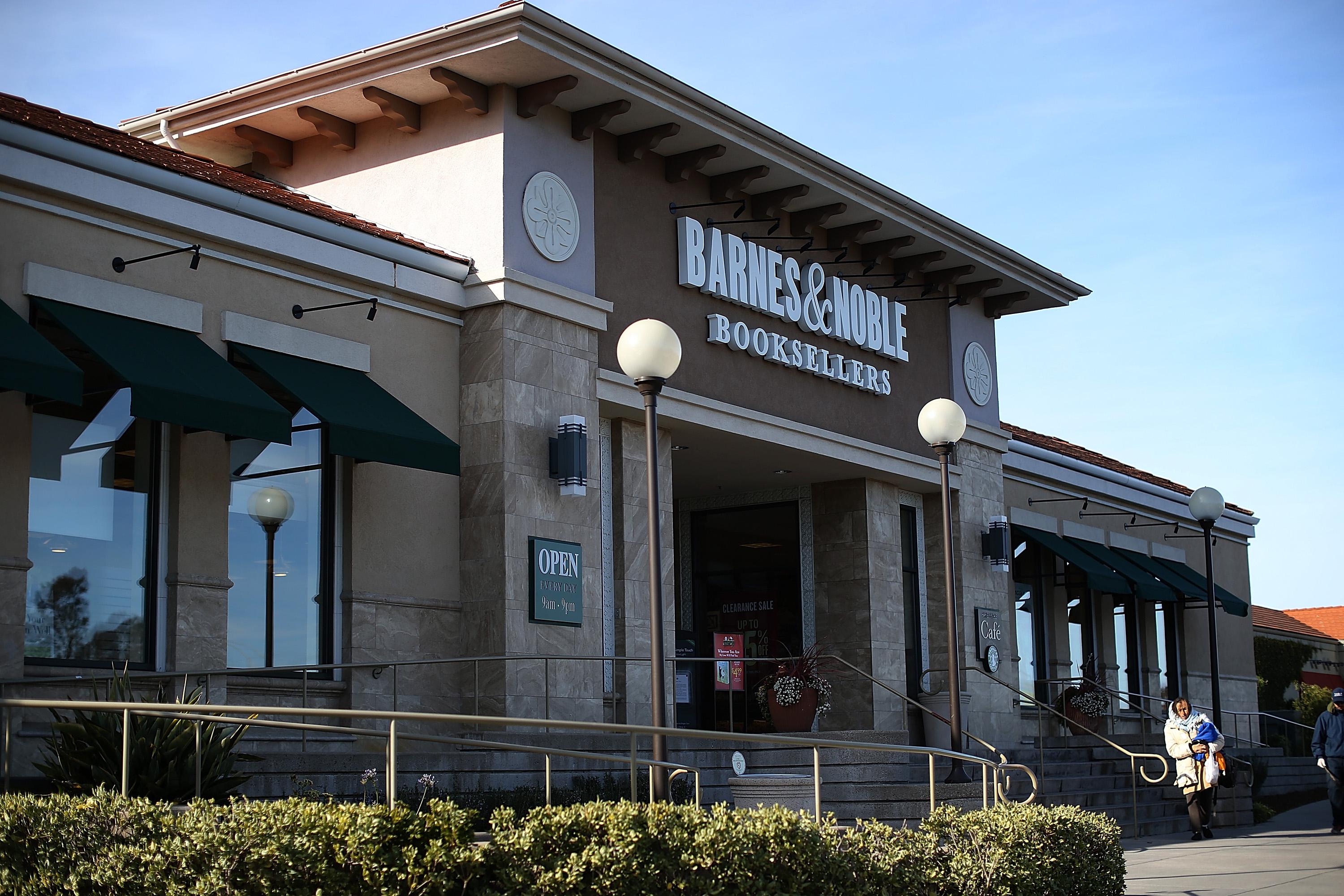A regulatory filing with the Securities and Exchange Commission and a press release put out Monday morning indicate that Barnes & Noble founder Leonard Riggio would like to buy his company back. The bulk of it, at least. The proposal is to buy what Riggio and the company are both terming the “retail business”—which is to say the physical stores and Barnes & Noble website, but not Nook Media LLC—so the new private company would be basically pulling a 180 on the entire Nook strategy.
The attempted Nook pivot has been executed about as well as I think anyone could realistically hope. The Nook devices are good devices. But it’s failing as a business because the market only seems to have room for two or three complete tablet ecosystems, and Barnes & Noble just doesn’t have what it takes to muscle out Apple, Amazon, and Google in this space.
As well as having founded the company, Riggio currently owns about 30 percent of it and is chairman of the board. Microsoft owns 17.6 percent of the Nook subsidiary, and Pearson owns an additional 5 percent. Riggio is apparently prepared to mostly finance his proposal with cash, so if Riggio, Microsoft, and Pearson can all come to an agreement about the terms of a Nook spinoff, it’s hard to see what would stop this from happening. Taking the brick-and-mortar business private makes a fair amount of sense. It’s a shrinking business, but as of the moment, it’s a profitable business (unlike, say, Amazon)—just not one that public markets are going to judge very optimistically. There are some acute choices about the extent to which it makes sense to take those profits out of the company versus reinvest them in an effort to keep the firm alive, and a private structure is in some ways the best environment in which to make those decisions without a lot of infighting and second-guessing.
An interesting issue here is what happens to the Nook business. Microsoft is obviously trying to break into the tablet space. Unlike Barnes & Noble it has enough resources to afford losing money for a few years in pursuit of a strategic objective. And Microsoft already has a strategic investment in Nook. Fully taking Nook over and turning it into a software platform for Windows 8 would seem to make some sense.
